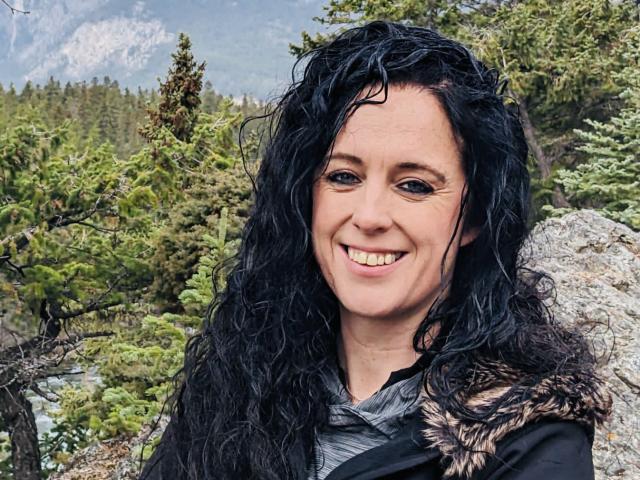
Celebrating the volunteers who are making sure research is safe and fair
This Volunteers’ Week (2 – 8 June), we’re celebrating the selfless people who dedicate their time to health and social care research in Wales by becoming members of a Research Ethics Committee (REC).
These volunteers play a vital role in ensuring health and social care research is conducted ethically, safely and with the public’s best interests at heart.
Dr Leah Mclaughlin’s Journey
One such volunteer is Dr Leah Mclaughlin, a healthcare scientist and researcher at Bangor University. With a background in qualitative and mixed-methods research, Leah brings a wealth of experience and a deep commitment to improving patient care through ethical research.
Leah’s journey into RECs began during the COVID-19 pandemic, when she submitted a research application and was struck by the warmth and professionalism of the committee. Inspired to contribute more, she reached out to the REC chair and soon joined as a member.
Leah explained:
“I thought I might have skills that could be useful, and I wanted to support the system during a time of real pressure.”
Role and Impact of Volunteering
As a REC member, Leah reviews research applications, ensuring they are ethically sound and prioritise patients’ needs. She values the collaborative nature of the committee and the opportunity to learn from others.
“We’re a multidisciplinary group, and I’ve gained so much professionally from understanding clinical trial design to connecting with researchers across the UK.”
Leah also highlights the personal impact of volunteering. Coming from a creative arts background before transitioning into health services research, she says being part of a REC gave her confidence and a sense of belonging.
It made me feel like this is where I’m meant to be. The knowledge I’ve gained has been invaluable.”
Inclusivity in RECs
Importantly, Leah emphasises that RECs are not just for academics or healthcare professionals.
“You don’t need a degree or research experience. What matters is your perspective, your lived experience, your questions, your voice. That’s what makes research better.”
Her message to anyone considering joining a REC is clear:
“Just dip your toe in. You can observe a meeting, ask questions and see if it’s for you. It’s a welcoming space, and your contribution could make a real difference.”
Want to make a difference?
If you’re interested in health and wellbeing, community-minded and want to help ensure research is done right, we invite you to step forward and join a Research Ethics Committee. You’ll receive training, support and the chance to be part of something truly meaningful.